Table of Contents
You need a paradigm shift in thinking, to be able to cope in times of crisis. Most of us, when we panic, are scared or worried can find ourselves ‘paralyzed’ in action and/or in thoughts!
Why You Should Read This Article?
The Covid-19 pandemic is a new element in our lives that we need to learn how to think a-new and change our ways to accommodate a new normal.
This article is not an easy one to read. But it has great potential to help you when put to use.
Here is what you can get out of it:
1. Understand what a paradigm shift is and how it relates to the coronavirus.
2. Learn how to think about the new reality that we are all facing
3. Learn how to adapt and change your mindset.
4. Understand how a paradigm shift is relevant to all parts of your life, personal, and professional.
Step 1 – A Paradigm Shift – An Overview

A paradigm shift is in the very breath of evolution, where things change and develop as the human race understands more, realizes more, and updates its paradigms.
Paradigms are the best current ideas that we have about many different subjects and territories.
These, in turn, form the basis of what we believe in and function by.
The definition from Merriam Webster dictionary reads:
“An important change that happens when the usual way of thinking about or doing something is replaced by a new and different way (This discovery will bring about a paradigm shift in our understanding of evolution).”
The simple best way to understand the definition of a paradigm shift is to see what is happening to the human race these days, almost on a daily basis.
A paradigm shift of a new way of life is shaping up as these words are written. An outside interference called Coronavirus has changed the way we think and behave…completely.
The world has changed almost overnight and with it a grand paradigm shift took place.
The first paradigm shift that took place is that we as humans are not invincible and not in control, as we thought we were.
Another new paradigm is that humans can present a threat to each other by just being in close proximity. This goes against our very social nature as human beings.
We thought humans were adversarial on mental and emotional levels with all the personal and world conflicts that became a “normal” part of our life.
However, we never expected that we need to keep a 6ft distance from one another.
Neither did we think we wouldn’t be able to hug and high five or go to the movies…not to mention restaurants!
With that, appeared a value that we would be wise to hold on to in post-corona days, which is to cherish human togetherness and appreciate the great small work that many people are doing these days.
So a valuable possible paradigm shift can be called “From apathy and taking for granted to appreciation & value”.
It remains to be seen whether it will hold true after people will be relocated in their old comfort zones.
Unfortunately, to value something when you lose it is not a human development feature. The real paradigm shift is to value it when you have it!
Another paradigm shift that is happening in our new reality is the perceptions, belief, and our constant preoccupation with money.
All this has shifted our perceptions to a different set of beliefs, mental and emotional preoccupations.
You can’t throw money at the virus but you can fight it with togetherness and cooperation.
Again, it remains to be seen how many real-life lessons will be upheld after money resumes its Kingsly status on the main throne of life.
Perhaps we need to think of a new term “temporary paradigm shift”.
Step 2 – Forces That Resist Paradigm shift
A paradigm shift state of mind requires openness and willingness to accept new ideas.
Openness is coupled with curiosity, which leads to creativity, which is what in the end enables a paradigm shift to take place.
it is important to understand that without the will to dare and make mistakes, upon which Creative Thinking rests, a paradigm shift can’t happen.
Openness is a natural human quality that can be observed with all children.
Unfortunately, this changes as they become discouraged from thinking for themselves and instead are taught to memorize information like filing cabinets.
This is a good example of an urgently needed paradigm shift where education is concerned.
Is education really about forcibly cramming information and then using tests to grade people like cattle?
…and by the way, it is often information that is useless and irrelevant to life.
Such an education is an antithesis to the energy that leads to many paradigm shifts.
Additionally, it is unfortunate that bureaucracy, as we experience it in the 21st century, is mostly personalized and politicized.
Thus preventing natural changes from occurring at a natural pace.
Everything, but everything, has to have a stamp of approval of a system that is mostly defunct and resists a paradigm shift.
Step 3 – A paradigm shift In The Corporate World
Often the ability of an organization to adapt to changes and a paradigm shift is a key to organizational health.
As we all know “Health Is In Movement” either physically (ask nurses in hospitals who immediately try to get patients to walk and move, knowing that that is where the self-healing begins).
It continues with organizational mental health, which is the freedom to think, make mistakes, and be creative.
In addition to the emotional health needed to feel secure and be able to express what needs to change without fear.
This, when it happens will be the greatest paradigm shift at the organizational level, which will result in new levels of effectiveness.
The paradigm shift will then be from “each to their own” to “effectiveness in trust and togetherness”.
Everyone knows that, but until it makes the journey from being a nice idea to the way we do business it won’t have the benefits that come with a true paradigm shift.
It may sound obvious and simple but the fact is that there’s a tendency in leaders, in particular, to resist paradigm shift in work ethics and stick to what is known, even if it’s not effective.
The Soft Skill Vs. Hard Skill Paradigm
There’s an overwhelming amount of studies that demonstrate the importance of what is called soft skills to the health of an organization.
Studies show that soft skills account for 90% of professional success, while hard skills, or, as they are called, domain skills, account for only 10% of professional success.
Why, then, do companies invest 10% of their training dollars on soft skills training & 90% on hard skills?
This may demonstrate the great resistance that can be present to a paradigm shift, and that is due to perceptions that are ingrained from the past.
Facts Vs. Perception
Perceptions are stronger than facts because they are to do with the state of mind that perceives the facts. People can see what they want to see, which is determined by their belief system, brainwashing, fear from the truth, wishful thinking, or any other bias.
To be able to see the facts for what they are one needs to have neutrality, which can be likened to the color white that enables each color to be what it is. If you take a white paper and draw blue on it you’ll see blue.
Such are facts. They are the simple expression of the truth and should not be subject to biased interpretations. It is called White Intelligence.
The ability to cause a paradigm shift, recognize it, and accept it depends on the level of neutrality. The more neutral the person is the easier it is to accept the facts and not be blinded by bias of all kinds, which are the very things that prevent a paradigm shift.
Thinking Outside The Box

Most philosophers agree on one thing, and that is, a person tends to become what they think about.
In other words, their actions reflect what and how they think. Unfortunately, the aspect of how we think relating to who we are is given little emphasis in our educational development, and that keeps us captive to structured and rigid thinking.
Thinking out of the box requires a professional environment where new ideas are encouraged and mistakes are considered as a learning tool, not a punishment media – this is absolutely crucial to understand, agree to and be consistent in application.
As our world experiences a rapid Paradigm Shift, it requires a fully functional talent base in the business organization – a talent base that is able to think outside the box with flexibility & adaptability.
Strategic Thinking & Paradigm Shift In The Corporate World
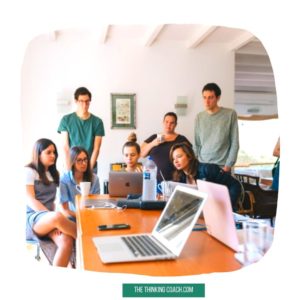
Strategic thinking is about planning the future, which needs to take into account existing paradigms but not turn them into the enemies of now and the future.
This aspect explores questions and opens new ways of thinking to search for the next winning idea that your competitors have not thought of, which of course, is the precursor to a paradigm shift.
It then sets out to find new ways of meeting future demands with the right kind of strategic thinking skills.
It also focuses on being responsive to the needs of the times in creative ways, that are not fixed by old paradigms.
Here are some open-ended strategic questions to keep in mind:
- How to detect new trends?
- How to promote your workforce to think freely and take more responsibility?
- How to think about the bigger picture?
Step 4 – Finally…7 Important Key Takeaways
This article is a bit challenging because it has a holistic approach to the subject of paradigm shift.
It has however important takeaways
- paradigm shift usually takes place when facts become irrefutable, or when people have their back against the wall, such. Don’t be one of those. value what you have when you have it, respect it, appreciate it, and be thankful as a state of mind and emotions.
- There are many paradigm shifts that can form out of this situation Things like changing how we think about life and its meaning, how ready are we for changes that threaten our comfort zone, and how dysfunctional the way of government and leadership are – decide to take these lessons and apply them to the rest of your life
- Become the CEO of your own life and learn to think for yourself. It is clear to any person with a sound mind that leadership as we know it is passe, and cannot be relied upon. It needs a paradigm shift, urgently
- It starts from a paradigm shift in education, one that recognizes the unique abilities of each child and doesn’t turn them into one big grey mulch where everyone has to conform to outdated requirements that do not take to account their uniqueness.
- Education is important because our children are the leaders of tomorrow and how we fashion their minds is the key to the future of the human race.
- Perhaps the first paradigm shift should be about stopping to use the past as an automatic benchmark for shaping the future. You can begin with your own life.
- Fear not the unknown, welcome it. It is where your next best will come from. Realize that staying in a fake comfort zone is a heavy price to pay.
Eli Harari
The Life Coach for Professionals™
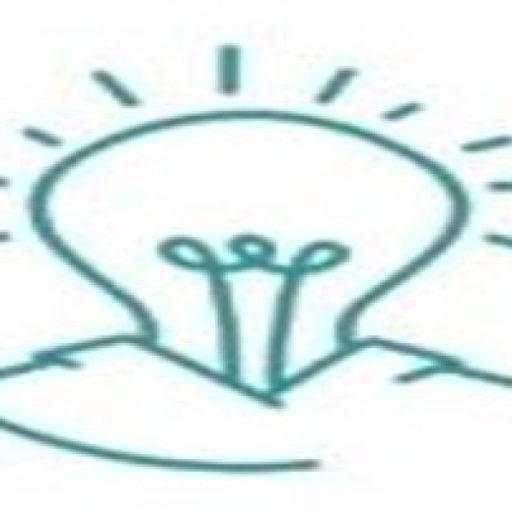
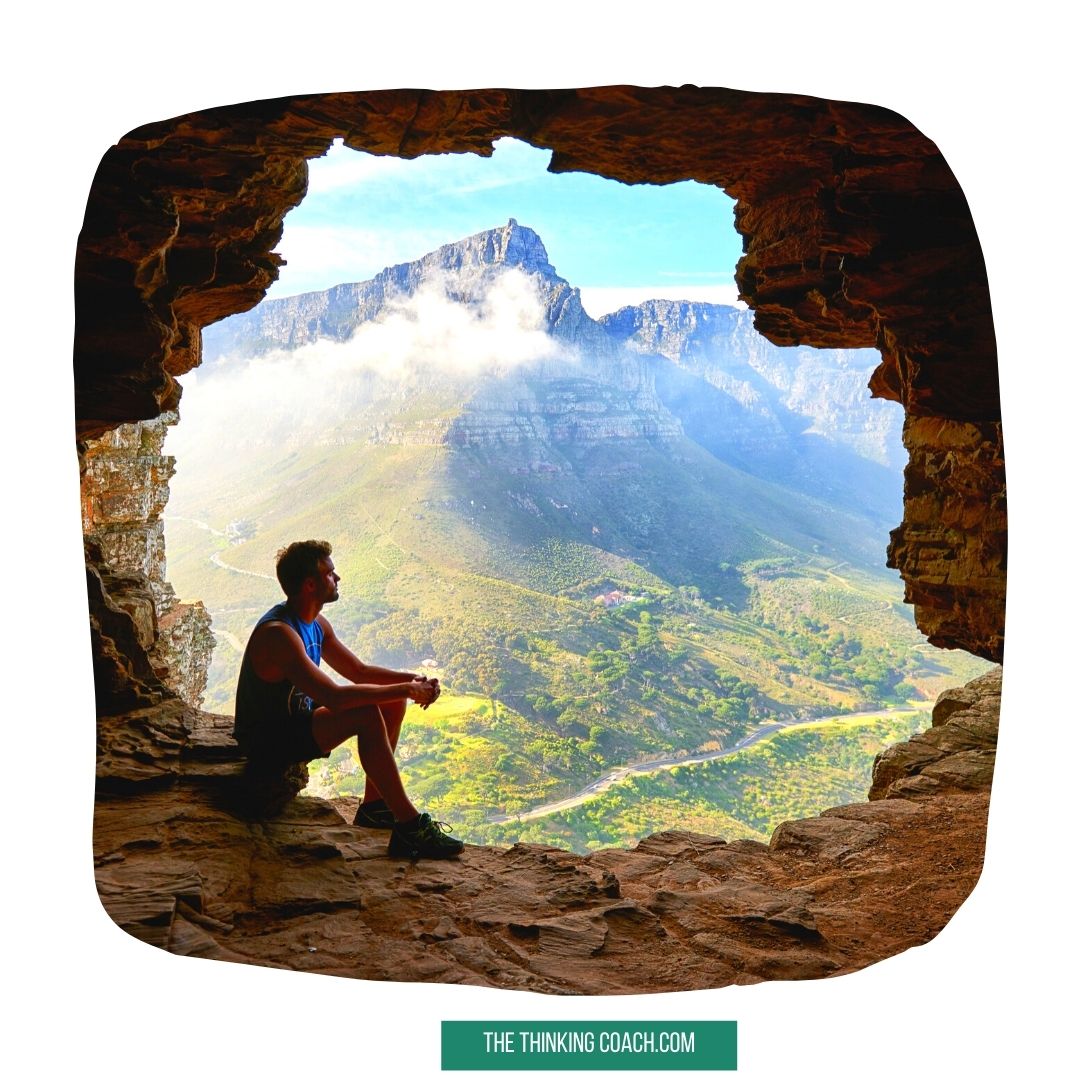

I like this article it really opened me up to exploring new ways of thinking or ‘problem solving’ as the article says. I have always had a ‘fear of failure’ and I am glad I have read this article.
i am definitely coming back to this article when I feel like I need to open my mind up to new ways of thinking.
Thia article has really helped me, thank you for taking the time to write it.
I am glad you enjoyed it!
Hi Alexander, glad you liked the article, and that it helps you out. Fear of failure is very common and knowing how to shift your train of thought – paradigm shift – is a great tool to deal with this.
Stay tuned for more advice on my site.
Cheers,
OrionEli
Thanks for sharing! I am in sales and the power of thinking is crucial in my work. Sales is often referred to as a “numbers” game and it is to an extent, but being able to manage the way you think and shift paradigms frequently is at least as important has hitting your numbers.
Agree. That is the difference between cause and symptom, paradigms being the cause sales results being the symptom. Being result oriented means something different to what most people think.
Hi Thomas,
Excellent point you have there, indeed shifting paradigms frequently can and will help you getting those numbers!
Thanks for the input.
Orion
Pingback: Do You Know The Way to Think about Change? - The Thinking Coach